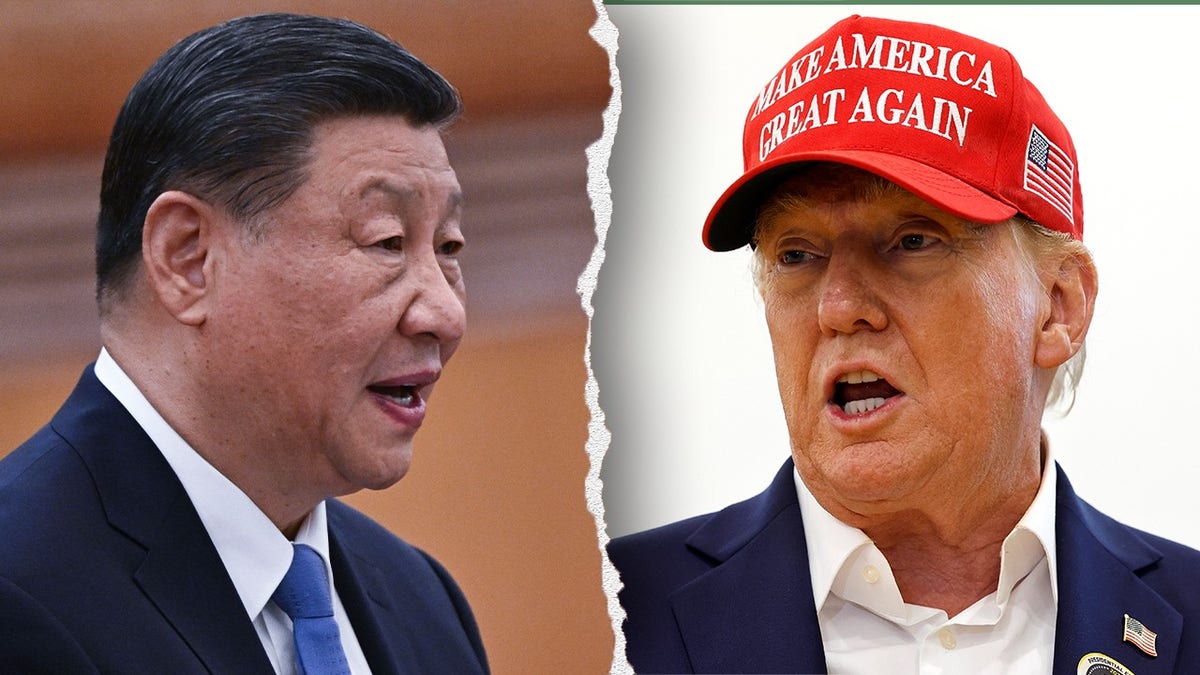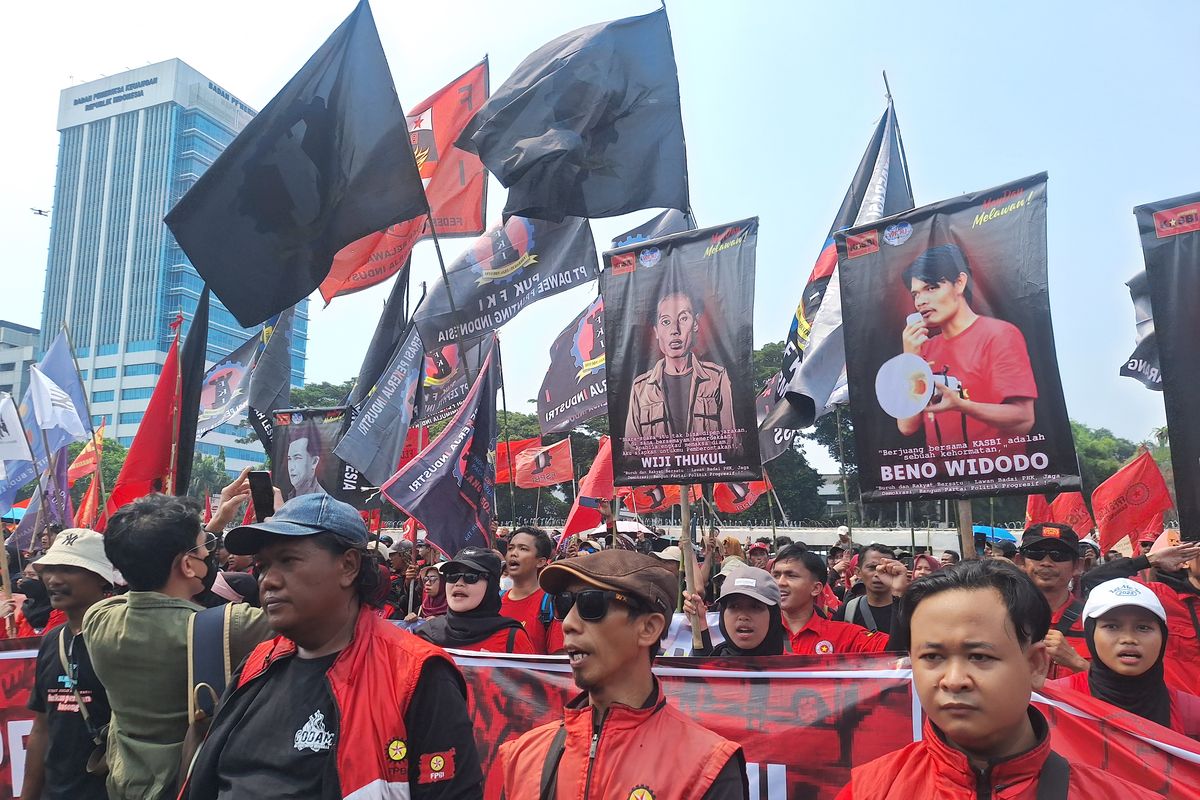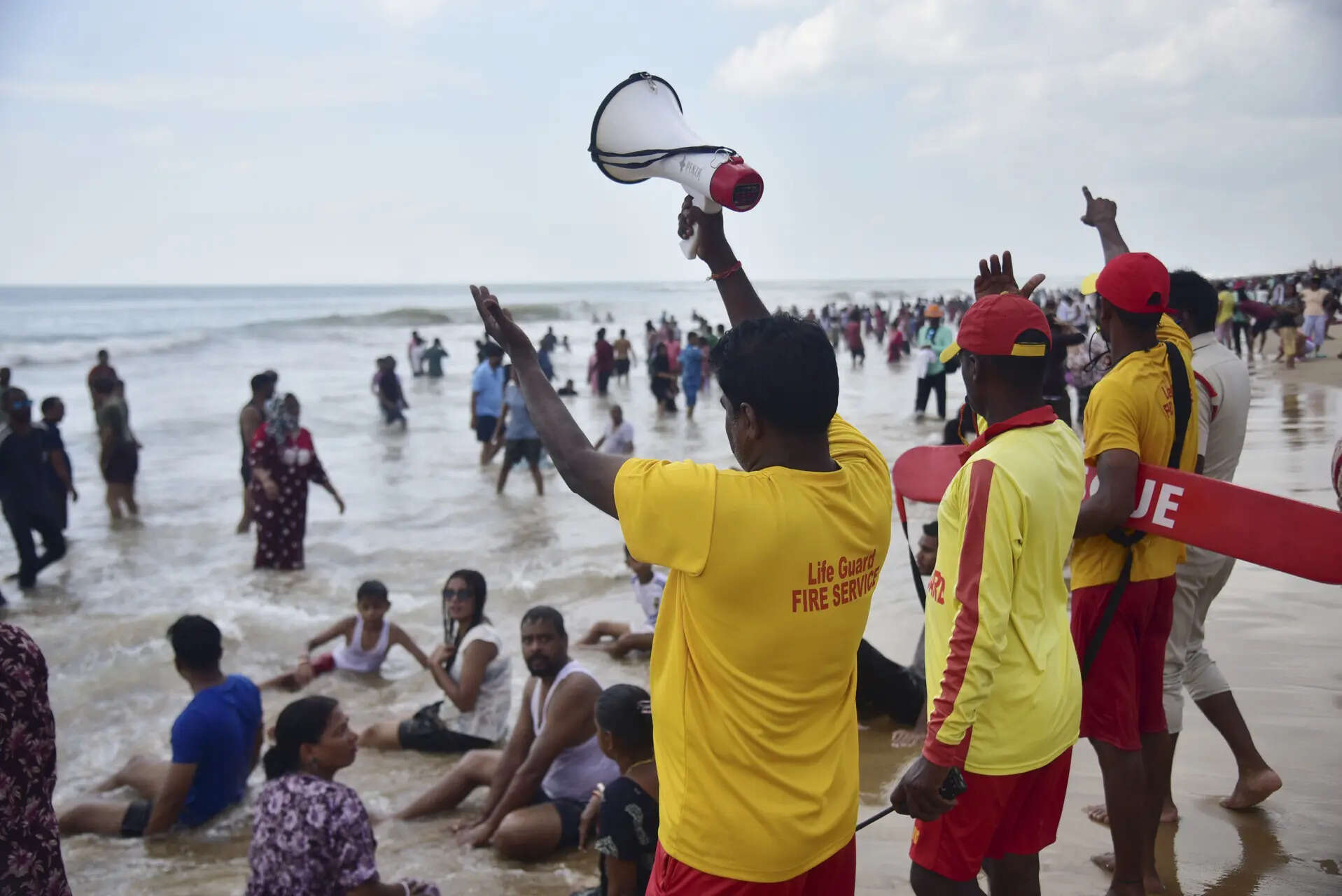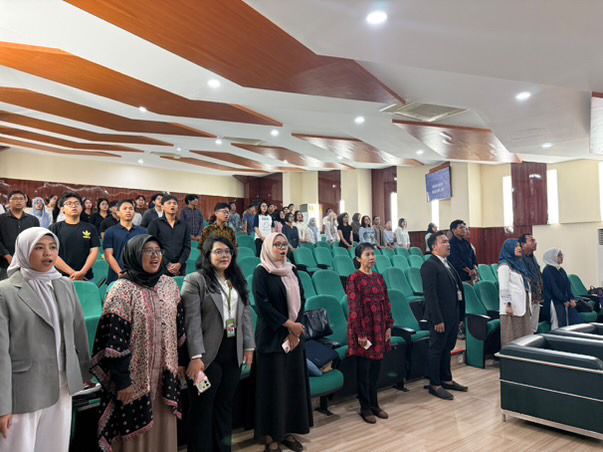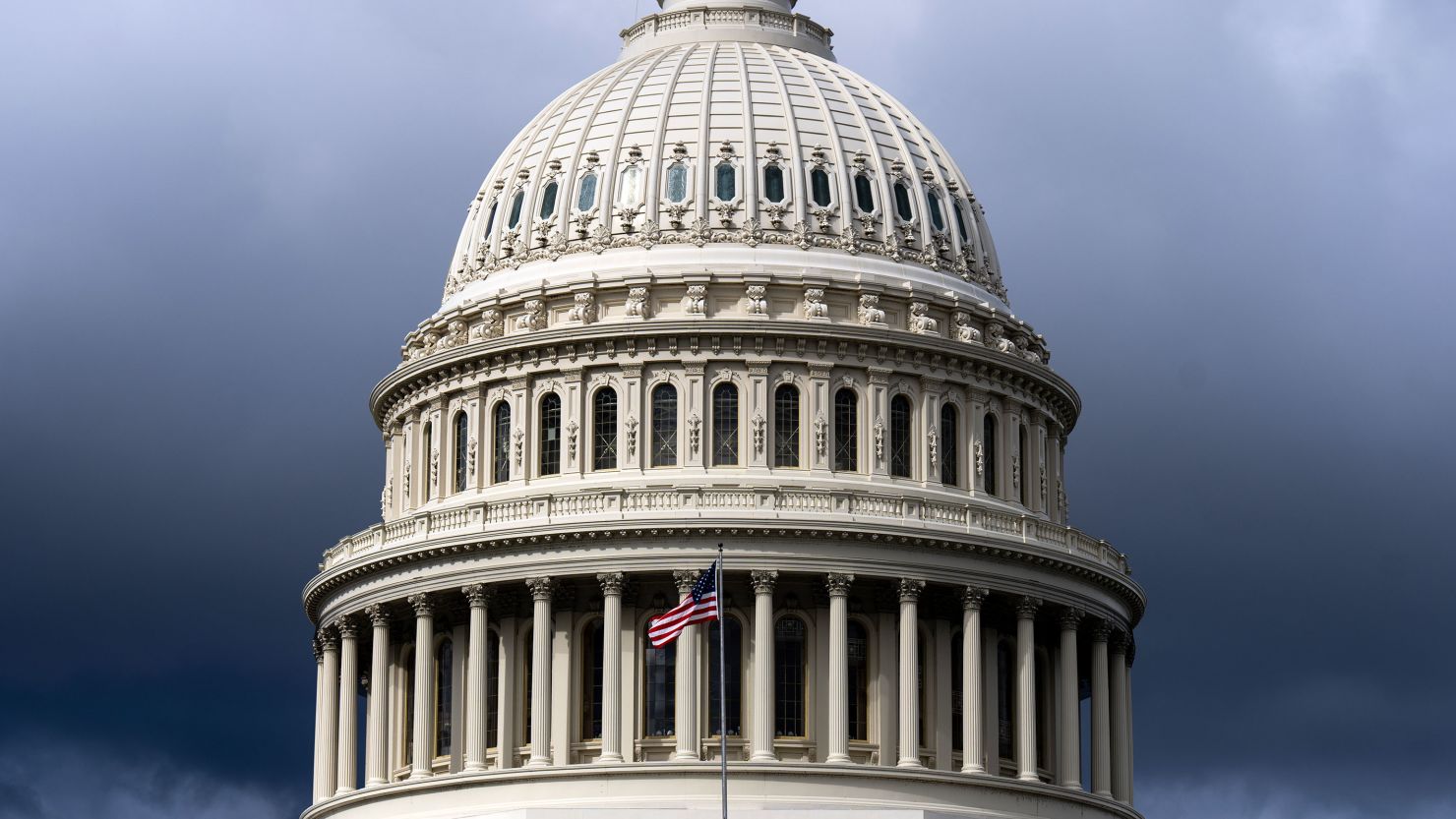
Geneva, Switzerland – The World Health Organization (WHO) has called an emergency meeting of health ministers and experts to address the rapid spread of a new, more virulent strain of dengue fever across several countries in Southeast Asia. The strain, which has shown resistance to some traditional vector control methods, is causing alarm due to its higher-than-usual rate of severe complications.
Health officials from Thailand, Malaysia, Vietnam, and the Philippines have reported a dramatic surge in hospitalizations over the past month. In a press briefing on Monday, WHO Director-General Dr. Tedros Adhanom Ghebreyesus expressed “deep concern” over the outbreak, which is straining healthcare systems already burdened by post-pandemic recovery efforts. “We are facing a formidable challenge. This new strain appears to be more aggressive, and we must act swiftly and in unison to contain it,” he stated.
The emergency meeting, scheduled for later this week, will focus on coordinating a regional response. Key discussion points will include sharing clinical data, implementing cross-border mosquito control strategies, and accelerating the potential deployment of new vaccines and treatments.
Dengue fever is a mosquito-borne illness common in tropical and subtropical climates. While most cases are mild, a severe form known as Dengue Hemorrhagic Fever can be fatal. Scientists are racing to understand the genetic makeup of the new strain to determine why it is causing more severe outcomes, particularly among younger populations.
The WHO has urged the public in affected regions to take preventive measures, such as eliminating stagnant water where mosquitoes breed and using insect repellent. Governments are also ramping up public health campaigns and fumigation efforts to combat the spread of the virus ahead of the peak rainy season.


